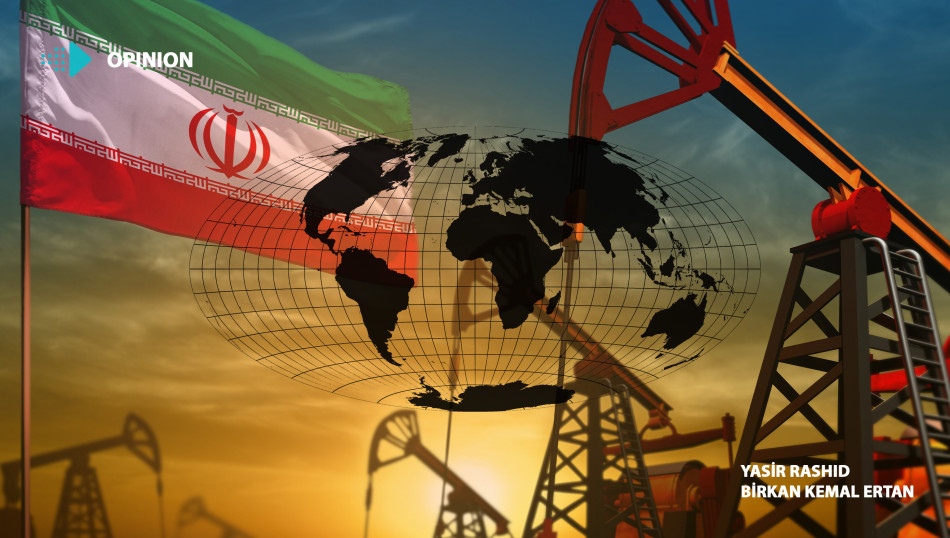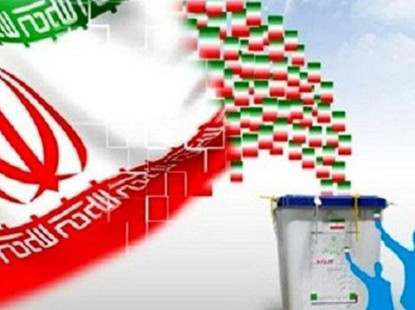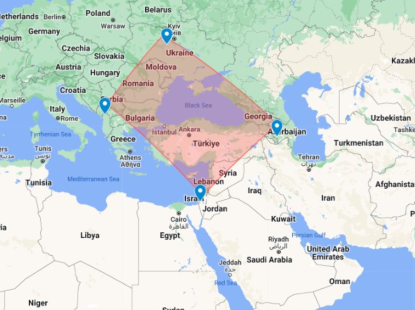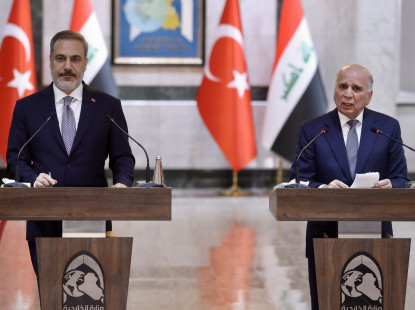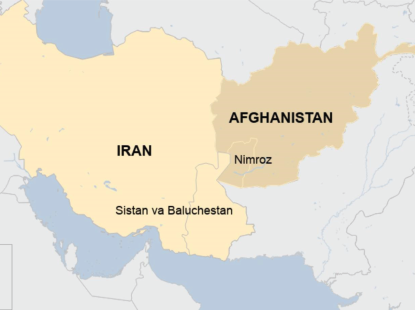Iran’s Swap Trade Adventure
For more than a decade, Iran has had problems with the transfer of crude oil and natural gas. Sanctions imposed on Iran's energy and banking sector have caused the country to experience many problems in foreign trade and energy exports. Iran is unable to collect payment for the oil it supplies to other countries due to the sanctions and embargoes, and consequently, these payments remain as frozen assets in the central banks of the countries or their banks. In order to solve this problem, Iran has focused on bartering oil for various goods for the last months. However, the majority of swapped goods are commodities with deficient commercial value compared to oil. This situation reduces the benefit that Iran will gain in swap trade.
Sri Lanka, an old customer of Iranian oil, is one of the countries that cannot pay its debt off to Iran due to the current difficulties. Reports show that about 250 million dollars of Iran's oil sales revenue to Sri Lanka has been blocked in the country. Although nearly nine years have passed, the Tehran administration has not been able to collect this debt. But recent reports suggest that Iran and Sri Lanka have agreed to release Tehran's assets in the form of a swap. Regarding this issue, Alireza Peyman-Pak, director of the Iran Trade Promotion Organization (TPO), said that Sri Lanka would pay Tehran in tea for Iran's tens of millions of dollars of assets blocked in the country. Sri Lanka Agriculture Minister Ramish Patirana also confirmed that his country, in exchange for oil, is ready to send 5 million dollars’ value of tea to Iran every month. Besides tea, Iran will also import other products such as raw materials and rubber from Sri Lanka. However, if this deal is implemented successfully, it will take approximately four years for Tehran's $250 million assets to return to the country. Iran imports 60,000 to 70,000 tons of tea per year, and India and Sri Lanka rank first and second in tea imports. According to statistics, 26% of Iran's tea demands are imported from Sri Lanka.
Furthermore, Sri Lanka and other countries such as Mongolia have also announced that they are ready to deal with Iran for a swap. In this context, reports demonstrate that the possibility of Mongolia to export 1,000 tons of sheep wool to Iran is based on the exchange mechanism of oil for goods. According to Iranian customs statistics, in the first five months of 1400 (2021), wool imported from countries such as France, UAE, Australia, New Zealand, Germany and Turkmenistan is valued at 5.7 million dollars. Mongolia produces approximately 30,000 tons of wool annually, of which 70% is exported. Therefore, considering Iran's needs and Mongolia's capacity, such an agreement seems possible. It is noteworthy to mention that detailed information on the swap agreement between Iran and Mongolia is not available. Withal, unconfirmed reports indicate that Pakistan and India are also bartered rice for Iranian oil, and Syria is also paying off oil debt to Iran by exporting products such as olive oil, sunflower oil, and lentils to Iran.
Zabihollah Azami, Second Secretary of the Agriculture Committee of the Iranian Parliament, recently announced that Iran has exchanged some petroleum-derived products with Brazil for animal feed and various legumes. It should be noted that the exchange of agricultural products for petroleum occurred for the first time during the Raisi administration. In this regard, Brazil is one of the primary suppliers of corn, soybean meal and red meat to Iran, as well as one of the target countries in the export of petrochemical products, especially fertilizers.
According to the data of the Central Bank of Brazil, at the end of 2021, Brazil imported 65 million dollars from Iran and exported 1.94 billion dollars to Iran. While the advantage in foreign trade between the two countries is in Brazil, Iran is trying to close its foreign trade deficit with Brazil. However, approximately 50% to 60% of Iran's imports of basic raw materials are provided by Brazil, and the current agricultural production of the country has decreased due to the ongoing drought, which indicates that it is challenging to close the deficit. Together with the differences in customs duties between the two countries, the outcome is a foreign trade deficit to the detriment of Iran. Iran applies 4% customs duty on goods exported from Brazil, while Brazil applies 100% customs duty on goods imported from Iran. Undoubtedly, the customs duties are low for Brazil, as Iran tries to reduce the cost of agricultural goods as much as possible. However, Brazil's application of 100% customs duties will make it difficult for Iran to close its foreign trade deficit.
Iran is a net importer of some animal feed and legumes, which are among the basic goods, and imported a significant part of these goods at a rate of 4,200 dollars/tomans. Correspondingly, Iran, which has difficulties in agricultural production due to the increasing drought in the country in recent years, may provide an important need with an oil swap. However, the recent increase in the importance of food safety and the fact that Iran is an importer of many food products make Iran's position dangerous.
Tehran Chamber of Commerce Member Hamid Reza Salehi said the current method of bartering oil for goods has caused Iran to "give both concessions and discounts". According to Salehi, countries know that Iran needs goods, and an oil swap prevents Iran from benefiting from competitive prices and reduces its bargaining power. In other words, it can be said that Iran has no choice but to make concessions to obtain blocked assets.
The swap mechanism may also cause severe difficulties and consequences for Iran. Experts think that Tehran's preference to purchase goods in the swap mechanism is extremely low, and Iran will not have much choice regarding the quality of goods. In most cases, if Iran's oil customer wants to sell any product they want, the Iranian side has to buy them. Contributing to the difficulties, one of the consequences of swap goods for oil is the lack of transparency in such transactions in Iran. Lack of transparency may prevent the country from obtaining the desired income from the sale of oil. Consequently, it can be argued that the continued lack of transparency in the swap mechanism may cause stories like Babak Zanjani1 to be repeated in this country, which ultimately has dire economic and political consequences.
Finally, although unofficial data point to an increase in Iran's oil exports, it can be said that Iran will not get the real value of its oil due to the continuation of sanctions and the swap mechanism. In other words, as long as the sanctions continue, the swap mechanism will continue, and thus Iran will earn less than its potential income from oil sales.
1 Babak Zanjani is an Iranian businessman and billionaire who was sentenced to death for large-scale financial activities related to circumventing international sanctions and on charges of corruption. The death penalty has not yet been executed.
